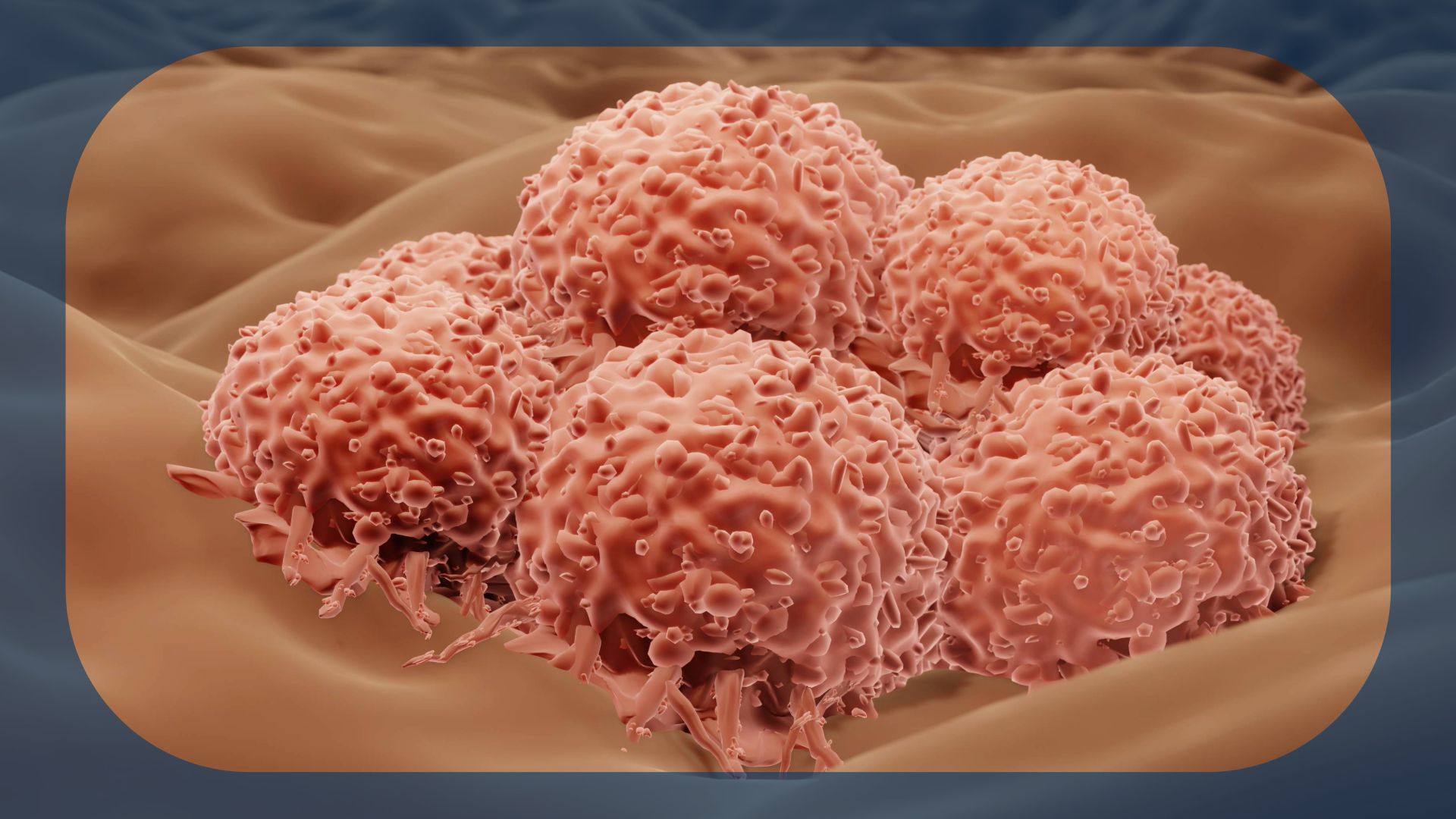NRAS-Mutant Metastatic Melanoma |
Image credit: © Artur – stock.adobe.com
The combination of the oral histone deacetylase (HDAC) inhibitor bocodepsin (OKI-179) and binimetinib (Mektovi) had a manageable safety profile and produced initial responses in patients with NRAS-mutant metastatic melanoma, according to data from the phase 2 portion of the phase 1b/2 NAUTILUS trial (NCT05340621) presented during the 2025 ASCO Annual Meeting.1
Findings from the primary analysis showed that patients treated with the combination achieved a median progression-free survival (PFS) of 6.7 months. Among 20 evaluable patients, the overall response rate was 30%.
Regarding safety, the combination was found to be tolerable. The most common toxicities occurring in more than 10% of patients were dermatitis acneiform (21%), anemia (17%), and thrombocytopenia (17%). No grade 3/4 toxicities were seen in more than 10% of patients, including no high-grade rash.
“Initial response data in patients with NRAS-mutant melanoma are supportive of potential combinatorial activity of a MEK inhibitor and HDAC inhibitor bocodepsin with longer PFS than what is typically seen with MEK inhibition alone,” lead study author Rodabe N. Amaria, MD, and colleagues wrote in a poster presentation of the data. “MEK inhibition and HDAC inhibition warrant further study in a larger patient cohort.”
Amaria is an assistant professor in the Department of Melanoma Medical Oncology, Division of Cancer Medicine, at The University of Texas MD Anderson Cancer Center in Houston, Texas.
Dive Into the Background and Design of the NAUTILUS Trial
Activating NRAS mutations occur in 15% to 20% of metastatic melanoma cases. The MEK inhibitor binimetinib has demonstrated modest single-agent activity in this setting, with an ORR of 15% and a median PFS of 2.8 months. Preclinical studies have shown that HDAC inhibitors can potentiate the efficacy of MEK inhibitors in RAS pathway–driven melanomas by concurrently suppressing 2 DNA repair pathways. Bocodepsin, a novel, oral, Class I–selective HDAC inhibitor, has been associated with low-grade toxicities and demonstrated synergistic activity with binimetinib in NRAS-mutant melanoma models, supporting the inception of the NAUTILUS trial.
NAUTILUS was comprised of a phase 1b dose-escalation and a phase 2 single-arm study.2 The phase 1 portion enrolled patients with advanced solid tumors without activating RAS pathway alterations; phase 2 included patients with NRAS-mutant metastatic melanoma who previously received or were ineligible for immune checkpoint inhibitor therapy.
In the dose-escalation study, patients received either 200 mg (cohort 1; n = 8) or 300 mg (cohort 2; n = 6) of bocodepsin administered on a 4-days-on/3-days-off schedule, in combination with binimetinib at 45 mg twice daily.1 The 300 mg dose of bocodepsin was established as the recommended phase 2 dose (RP2D) and was subsequently used in all 22 patients enrolled in the single-arm phase 2 portion.
In phase 1b, the primary end points were identification of the maximum tolerated dose and the RP2D.2 In phase 2, the primary end point was objective response rate (ORR), with secondary end points including safety and pharmacokinetics.1,2
The median age of patients in the phase 2 portion of NAUTILUS (n = 24) was 69 (range, 39-82).1 The majority of patients were female (53%) and had an ECOG performance status of 1 (71%). The median number of prior lines of therapy was 3 (range, 1-9), and lactate dehydrogenase levels were elevated in 41% of patients.
Interim data from NAUTILUS showed that, as of the safety data cutoff of July 6, 2023, no dose-limiting toxicities were observed with the combination in either cohort 1 or cohort 2, and adverse effects (AEs) were generally manageable with supportive care or dose interruptions/ reductions.2 The most common treatment-related AEs were as expected based on the agents’ individual safety profiles, and no grade 4/5 TRAEs were observed.
At an efficacy data cutoff of September 26, 2023, the ORR per RECIST 1.1 criteria among all response-evaluable patients with NRAS-mutant metastatic melanoma in phase 1 and phase 2 (n=16) was 38%; this was comprised entirely of partial responses. Stable disease was also achieved by 38% of patients, and 25% experienced disease progression.
References
- Amaria R, Duvivier H, Tsa K, et al. Nautilus, a phase 1b/2 trial of combining oral HDAC inhibitor (HDACi) with MEK inhibitor (MEKi) in patients with NRAS-mutated metastatic melanoma (MM): Results from the phase 3 ECHELON-3 study. J Clin Oncol. 2025, 43(suppl 16):9552.doi:10.1200/JCO.2025.43.16_suppl.9552
- Amaria R, Duvivier H, Tsa K, et al. Novel strategy for RAS-pathway targeting: Initial results from a phase 1b/2 clinical trial of the oral HDAC inhibitor bocodepsin (OKI-179) combined with binimetinib in patients with RAS-pathway mutated solid tumors and NRAS mutated melanoma. Mol Cancer Ther. 2023; 22(suppl 12):PR012. doi:10.1158/1535-7163.TARG-23-PR012
